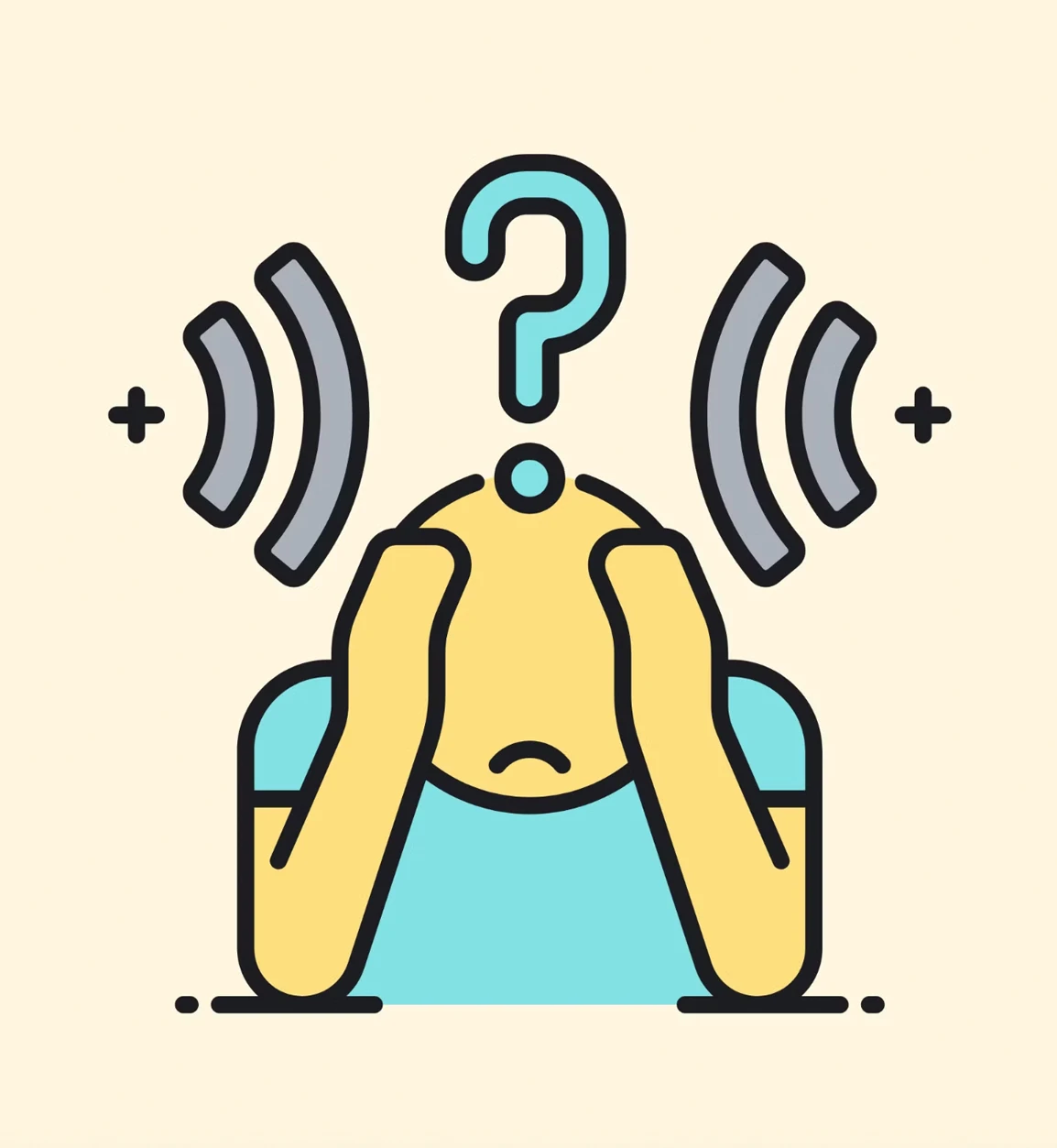Auditory language processing difficulties refer to challenges in the brain's ability to interpret and make sense of sounds
Especially language-related sounds, even though the ears themselves are functioning and hearing properly. These difficulties affect how a child processes spoken language, impacting their ability to understand, remember, and respond to verbal information.
Children with auditory language processing difficulties may have trouble:

Understanding spoken language
These children often struggle to follow conversations, especially in noisy environments or when multiple people are speaking at once
Discriminating between similar sounds
Children with auditory language processing difficulties have difficulty distinguishing between words that sound alike (e.g., "bat" vs. "pat") or understanding complex speech patterns.
Following verbal instructions
Children with auditory language processing difficulties usually have challenges with processing multi-step directions or understanding detailed spoken information.
Retaining verbal information
These children find it difficult to remember or recall things that were said, especially after a short amount of time.
Auditory language processing difficulties are not due to hearing loss but is rather related to how the brain processes the auditory signals it receive. Auditory language processing difficulties often overlap with Central Auditory Processing Disorder (CAPD), but it specifically effects how language is processed rather than just the ability to process sound.